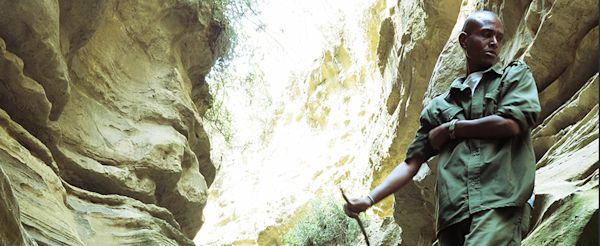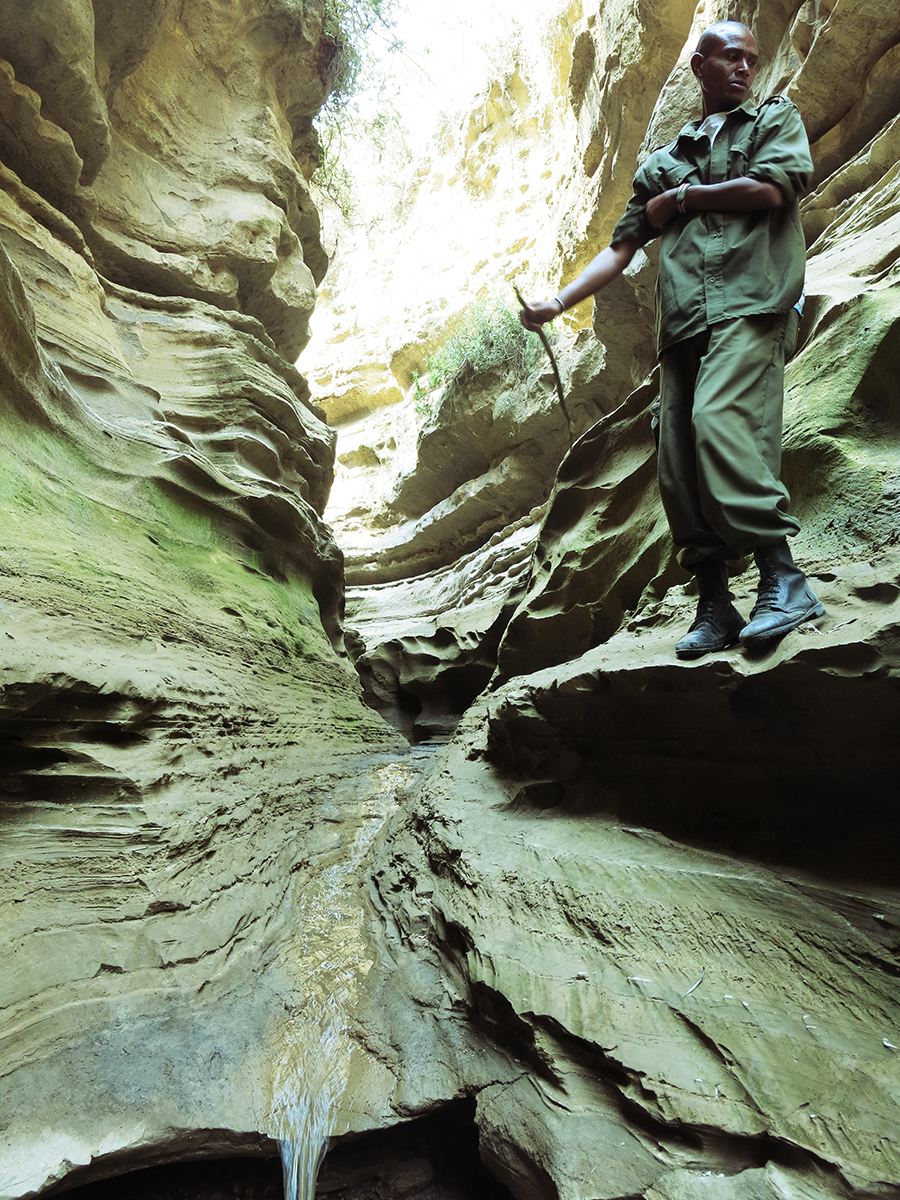
It’s a warm Sunday afternoon and I’m hiking in a volcanic gorge just outside Hells Gate National Park in Naivasha. A slender Maasai man named Joe is guiding my friend and I up the steep, slippery walls of hardened lava. After climbing a steep cliff, we sit down at the top to take in a view of Kenya’s stunning Rift Valley. Joe asks us for how long we are visiting.
“I’m here for awhile,” I reply. “I’m working with a company that helps people get loans.”
Not surprisingly, Joe’s face lights up. He wants to know more. I explain the Kiva Zip model of trustees endorsing borrowers instead of MFIs and immediately he starts telling me about the entrepreneurs in his village without resources to grow. I already know that he comes from one of the most famous indigenous herding tribes in East Africa, one that has been forced off their land and often reduced from cattle farming to selling crafts at tourist sites. Maasai continually deal with harassment from police, government, and neighboring tribes. What I don’t know is that Joe is a decision-maker in his community and has started educational programs to aid its development.
What could have been the usual obligatory exchange of small talk questions turns into a much deeper connection. I am no longer a tourist and he a guide. We are collaborating as leaders about basic human needs and how to improve life for those we care about. The most exciting part for both of us is that, through Kiva Zip, we have the tool to do so.

In my six months as a fellow, tasked with improving and expanding this pilot program, I have noticed a transformation in my interactions with people, especially strangers. I am always listening for what they are passionate about and how they could bring it to a global platform. When I tell them of the potential I see, it encourages them to share with me more deeply about their situations and we skip past the formal pleasantries to what is really important to them.
Despite our discussion at the end of our hike, I am still unsure whether Joe will remember me among the countless other muzungu NGO workers he meets daily. When I followup with him weeks later, though, he greets me warmly by name.
“The day we met, I told some people about these loans you talked about,” he says. “We had a very good talk and look forward to participating."
Not only did Joe and I grow closer, he had also shifted the conversation in his village that night, from one of everyday survival to one of possibility; a crucial respite given the struggles they face as Maasai and hopefully the beginning of a new chapter.
PREVIOUS ARTICLE
New Field Partner: Making education affordable in Somaliland with Abaarso →NEXT ARTICLE
Treat each one like gold: the power of Kiva Zip →













